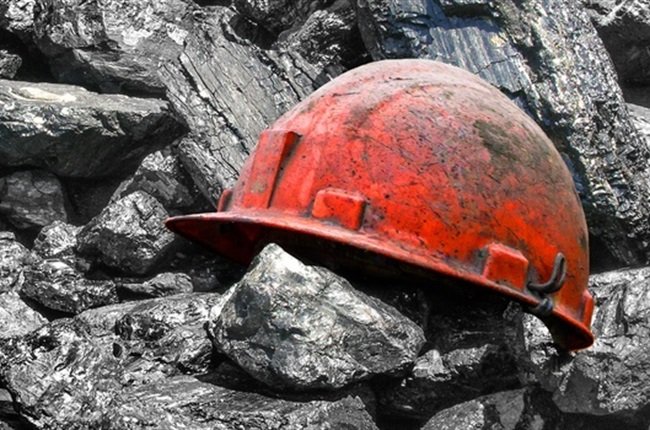Communities in mining areas have been urged to actively participate in the Environmental Impact Assessment (EIA) processes in order to be able to hold mining companies accountable on issues of environmental rehabilitation.
Environmental Impact Assessment (EIA) is a process of evaluating the likely environmental impacts of a proposed project or development, taking into account inter-related socio-economic, cultural and human-health impacts, both beneficial and adverse.
This came out during a meeting organised by Zimbabwe Environmental Law Association (ZELA) on Thursday in Mutare to conscientise media practitioners to be able to report more accurately on issues to do with climate change.
The media practitioners discussed issues to do with investigate journalism and access to remedies for mining and climate change-affected communities and the role of the media in climate and environmental justice.
In an interview, ZELA legal officer Michelle Chitando said communities should participate in the EIA processes so as to ask key questions and also find more information about the particular project coming to their area.
“Regarding information related to extractives or mining or any other developmental project that happen, there is a process called the Environmental Impact Assessment that is done, we really encourage community members to attend and ask key questions regarding the project, it will help them understand whatever company is coming in to do and promises they are going to make, they are able to hold them accountable to say this is what you promised to do, this is how you are going to rehabilitate the environment,” said Chitando.
She added that there is a need for different stakeholders to disseminate information regarding the EIA processes to communities.
“It is also an encouragement to different stakeholders that are working with communities to disseminate information regarding how the EIA process takes place, to disseminate even the environmental management Act so that people and begin to equip themselves with the various provisions and sections that relate themselves to environment protection,” said Chitando.
She said environmental protection needs collaborative efforts.
“It’s not just one party that has to work on issues related to environment protection, it is a global approach, anyone needs to and everyone needs to work together for the best to protect our Zimbabwean environment.”
She added that information dissemination is a huge challenge for marginalized women in communities.
“We know that women are vulnerable groups, it is upon a lot of stakeholders to start to make deliberate interventions in regards to climate change, that is making sure that information reaches them, through either media translated information regarding climate change even training such that they are able to do any mitigation or adaptation strategies from the grassroots,” said Chitando.
“You will find that with climate change some of the aspects are to do with perceptions so beginning to go and have meetings with these small groups, understanding their needs and understanding what they are going through and also beginning to educate them from their level, they are able to take part in issues to do with climate change adaptation and even mitigation.”

